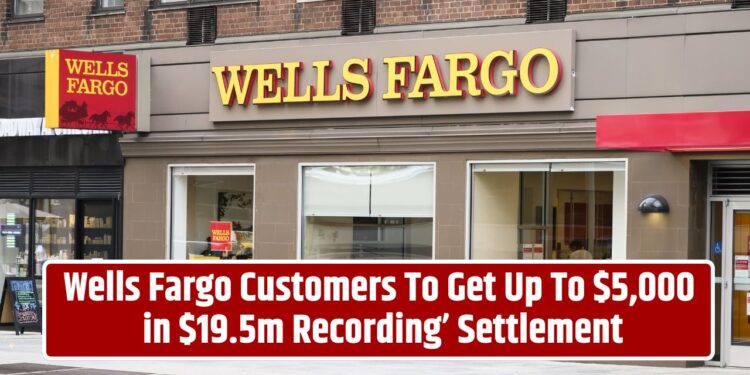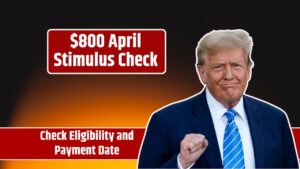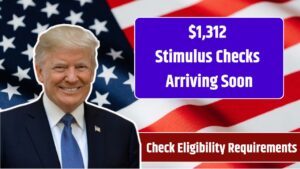A new class action settlement could put money back into the pockets of thousands of individuals and small businesses, following allegations that Wells Fargo and several affiliated companies violated California’s privacy laws. The settlement, which totals $19.5 million, centers around illegally recorded phone calls made to unsuspecting consumers and businesses—without their consent.
Although the defendants have not admitted to any wrongdoing, the agreement marks a significant win for privacy advocates and could offer eligible claimants anywhere from $86 to $5,000, depending on the number of claims filed.
Who’s Involved in the Settlement?
The class action lawsuit targets four companies:
- Wells Fargo
- Priority Technology Holdings
- Priority Payment Systems
- The Credit Wholesale Company
These organizations were accused of violating the California Invasion of Privacy Act (CIPA) by recording telemarketing calls without obtaining proper consent—a direct breach of California’s two-party consent law.
Who Is Eligible?
The settlement covers any person or business that received a telemarketing phone call from The Credit Wholesale Company during the following timeframe:
October 22, 2014 – November 17, 2023
These calls were related to the promotion of credit card processing services for Wells Fargo and Priority Technology Holdings. Many of them were aimed at businesses and made through appointment-setting call centers.
What You’ll Need to File:
To claim your portion of the settlement, you’ll need to provide either:
- The phone number that received the call(s), and/or
- The business name associated with the call(s)
How Much Can You Get?
The total payout per person depends on how many people submit claims. While the estimated payout is around $86 per call, the maximum per call could be as high as $5,000, according to the settlement documents.
| Estimated Payout Per Call | Maximum Possible Payout |
|---|---|
| $86 (average) | Up to $5,000 |
The more calls you received, the higher your potential payout. However, the actual dollar amount will be calculated once all valid claims are received and the net settlement fund is divided among class members.
Important Deadlines
| Action | Deadline |
|---|---|
| Submit a Claim | April 11, 2025 |
| Opt Out or Object | April 4, 2025 |
| Final Settlement Hearing | May 20, 2025 |
Those who wish to opt out of the settlement—or submit objections—must do so by April 4. Otherwise, you’ll be automatically included and forfeit your right to pursue individual legal action on the matter.
To file your claim, visit the official settlement website (a link would typically be provided in official notices or court documents).
What Is a Class Action Lawsuit?
A class action lawsuit allows a group of people with similar complaints to collectively sue a company or organization. In this case, individuals allege that their privacy rights were violated due to being recorded without consent.
Most class action cases result in a settlement, where the company agrees to pay compensation but usually does not admit wrongdoing. Claimants who accept the settlement give up the right to sue individually over the same issue.
Class action lawsuits commonly arise from issues like:
- Consumer fraud or false advertising
- Environmental harm
- Discrimination or labor violations
- Privacy breaches (like this one)
This settlement highlights growing concerns around consumer data privacy and the consequences companies face for mishandling personal information—even over the phone. If you think you received one of these calls, check your records and file your claim before the deadline to ensure you don’t miss out on compensation.
FAQs:
Who is eligible for the Wells Fargo privacy settlement?
Anyone who received a phone call from The Credit Wholesale Company between October 22, 2014, and November 17, 2023, may be eligible.
How much money can I receive?
Estimated payouts are around $86 per call, with a potential maximum of $5,000, depending on how many people file claims.
Do I need proof to file a claim?
You’ll need to provide a phone number and/or business name that received the calls. No recordings or call logs are required.








